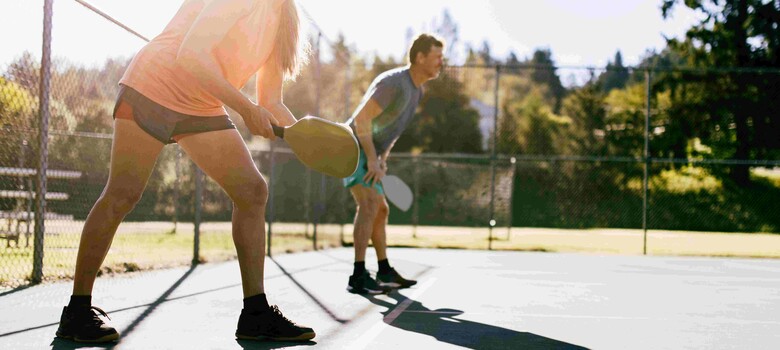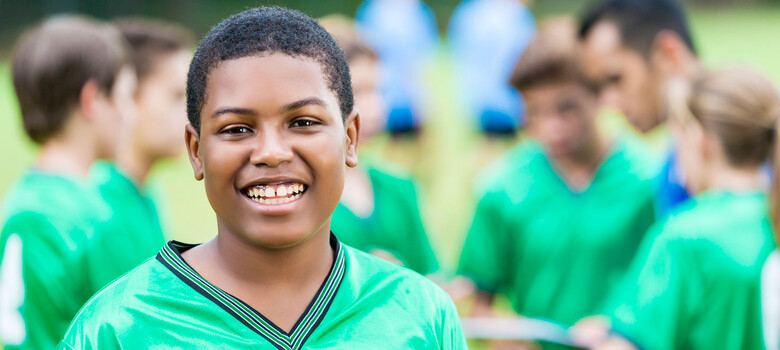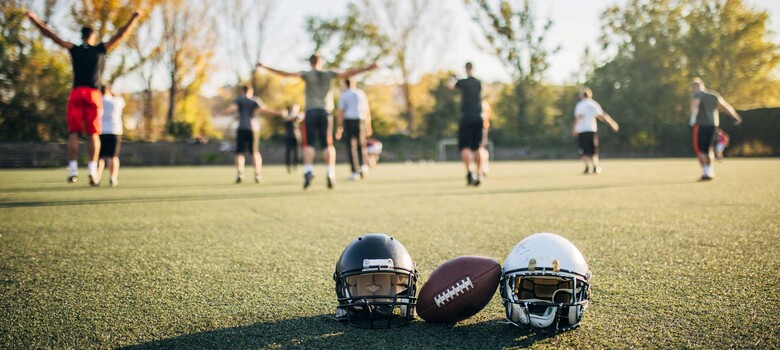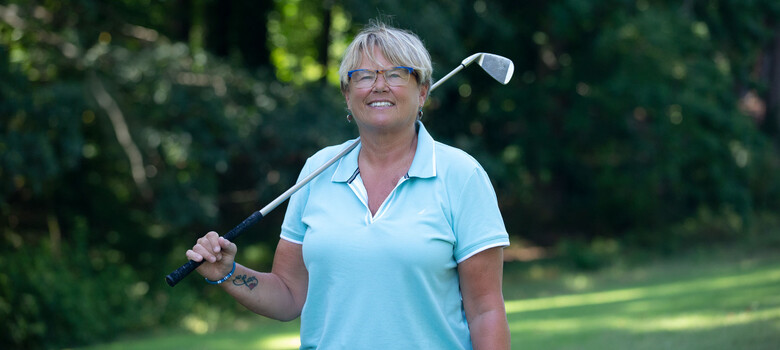A Safe Return to Fall Sports
What Athletes and Their Parents Need to Know
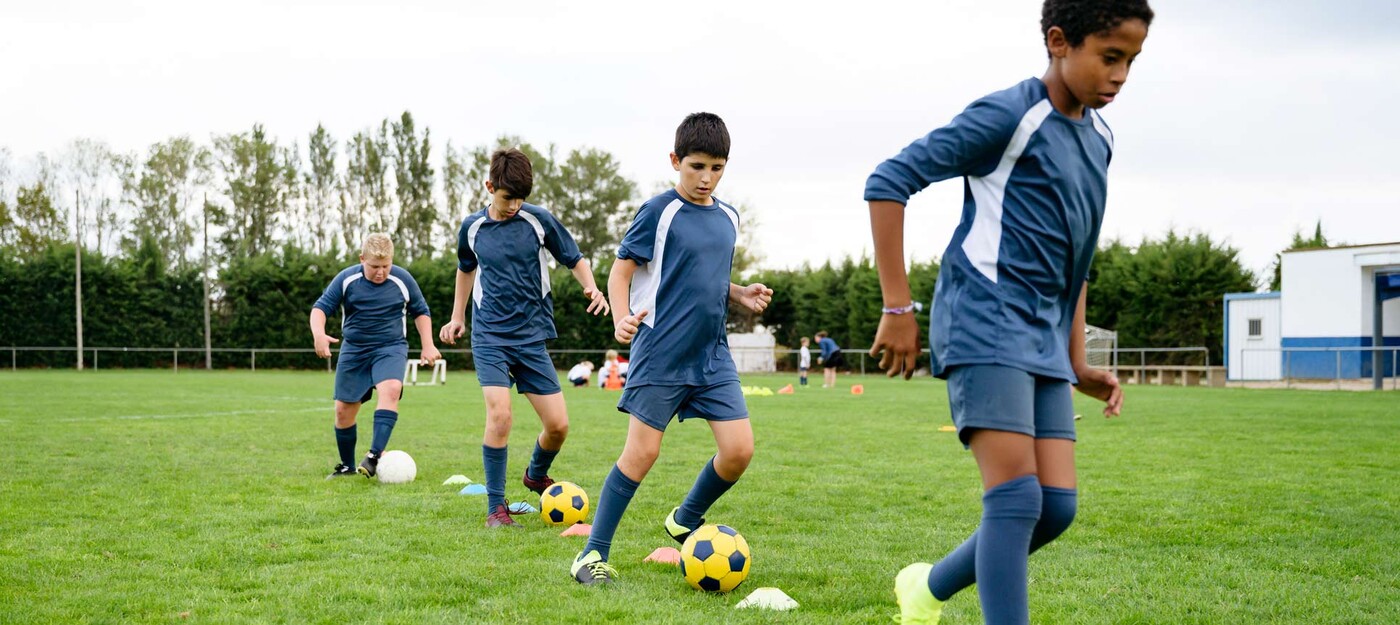
Lack of conditioning, hot, humid weather, and dehydration can put children and teens at risk for heat-related illness and injuries as they return to sports this school year. Fortunately, there are steps that can be taken to protect young athletes during the warmer months. Here, Rebecca Wadlinger, DO, a sports medicine specialist at Duke Heath, offers advice to coaches and parents on how to help kids stay safe during athletic training and competitions this summer and fall.
Stay in Shape During Summer
Every spring, Dr. Wadlinger advises her young patients to maintain their fitness during the off season. “Students should enjoy their summer but make sure they’re staying in shape," she said. It’s important not to be sedentary all summer, then go full force at tryouts or the first day of practice. That said, some athletes do not follow her advice. She recommends that coaches adjust mileage or play time for less-conditioned athletes.
A Conservative Start Helps Prevent Injuries
Staying fit also helps prevent injuries, including traumatic injuries like ligament tears or stress injuries like shin splints. Coaches should be aware that students competing at a new level, for instance, high school freshmen, may be eager to prove themselves but might not be prepared for longer and more-intense workouts. “Practice for freshmen should look a lot different than for returning sophomores through seniors. Plus, the way athletes practice at the beginning of the season will be different than in November,” explained Dr. Wadlinger.
Focus on Hydration
During hot weather, dehydration and heat-related illnesses like heat exhaustion can sneak up on you. "You have to drink all day,” Dr. Wadlinger said. “You can't just start once you get to practice or drink once you get hot. Hydration starts as soon as you wake up in the morning. If you're thirsty, you're already dehydrated." She sees young athletes spend all day at the pool -- where they aren’t thirsty or hot -- forget about drinking water. “Then when they go to afternoon or evening practice, they're exhausted and can’t perform,” she said.
Communicate with Coaches
Coaches should pay attention to the heat index and offer more water and rest breaks when it is high or when players show signs of heat-related illness including dizziness, nausea, and confusion. And students should not be afraid to communicate with coaches and trainers about how they feel. “Pull yourself out and tell them, ‘I'm feeling pretty hot,’” Wadlinger advises.
Athletes can recover by sitting down, removing heavy protective equipment like padding and helmets, getting off hot turf or concrete surfaces, putting wet towels around their neck and head, and drinking fluids with electrolytes, like Pedialyte or Gatorade. It goes without saying that coaches should adhere to rules about the heat. Most schools cancel or reschedule practice when the temperature and humidity make it unsafe to play outdoor sports.
Returning to sports after a summer hiatus can be exciting for young athletes and their families as they reconnect with friends and engage in healthy competition. Your child can practice and play safely this fall as long as they follow -- and you and their coach encourage -- a few common-sense guidelines.
